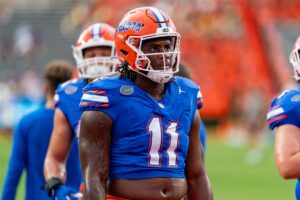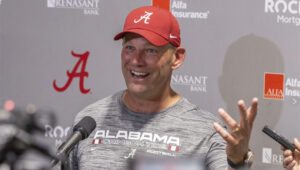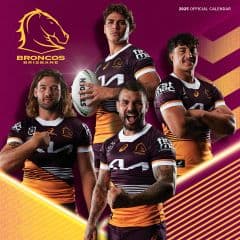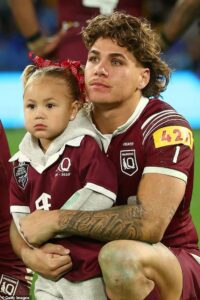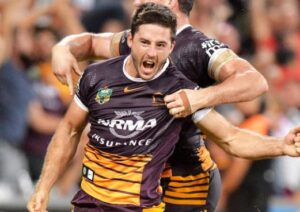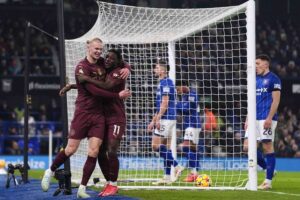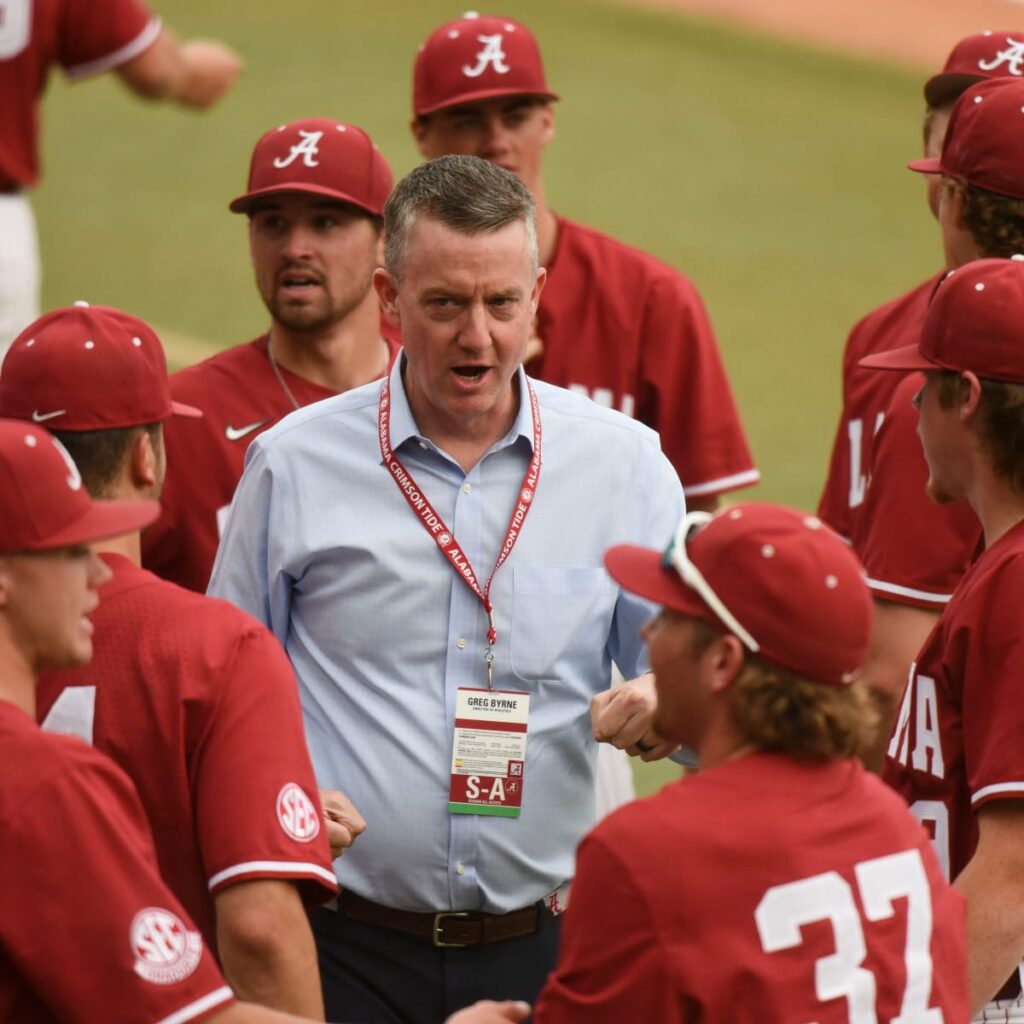
Historic nightmare: Alabama sports director Greg Bryne has sensitively opened up on difficult decision” ahead stating some outlines..
As Alabama wraps up its 2023–24 season and looks ahead, sports director Greg Byrne hinted at a revolutionary year in store for his division as it processes the House litigation settlement that will shortly result in player revenue sharing.
“We’re going to have to make some difficult decisions as we navigate the new landscape of the House litigation and the settlement that goes along with it,” Byrne said in an interview that was published on Thursday with the Crimson Tide Sports Network. “At the same time, we’re going to be very thoughtful and take our time to make the decisions so we can make the best decisions we possibly can so it positively impacts all of our student-athletes, our coaches, our staff, our university, and our fan base in as good of a manner as we can knowing that there are some rough seas ahead.”
The settlement, which is expected to end a class-action suit that sought billions in damages for college athletes who competed before NIL earning was legal, will lead to more than $20 million annually in per-school revenue sharing with players as soon as next year. How that money gets divided among athletes and sports remains undetermined, but one thing is clear: athletic departments must reallocate financial resources to afford directly playing its players millions each year.
This might be accomplished by reducing staff and coaches’ pay, but it might also include discontinuing sports. In March, during a Congressional hearing, Byrne mentioned that Olympic sports may be in danger and that 19 Alabama sports lose $40 million a year, with just football and men’s basketball turning a profit. Senator Ted Cruz was informed by Byrne that women’s soccer, track, swimming, and tennis were among the sports in jeopardy. A few weeks later, Byrne mentioned golf as one of the other sports he was concerned about on a podcast.
In his Thursday interview, Byrne said he began communicating the significance of the House litigation to his coaches beginning last year. Byrne also relayed a story from men’s golf coach Jay Seawell, who was recruiting in Chicago recently and discussed the House settlement with another school’s golf coach.
The message from Byrne to his coaches: “We’re going to have a different lens on how we do our day-to-day operations. So there’s going to be some good with that. There’s going to be some challenge with that.”
Byrne said the House litigation will impact all programs in college sports, it is “very significant” and he encourages Alabama fans to learn more about it.
“It’s complicated,” he said. “There’s been a settlement that is in the process of trying to be finalized some time after the first of the year, most likely. That will give us some guidelines as far as how this will be structured going forward. There will be — it will be a different model.”
The new model will involve more direct payments from schools to players, and could include players being deemed employees and collectively bargaining through unions — although that aspect remains uncertain as courts, the National Labor Relations Board and Congress all ponder the topic. The new model could also bypass third-party NIL collectives, which since the passage of rules allowing NIL in 2021 have risen to prominence as vehicles to pay players
